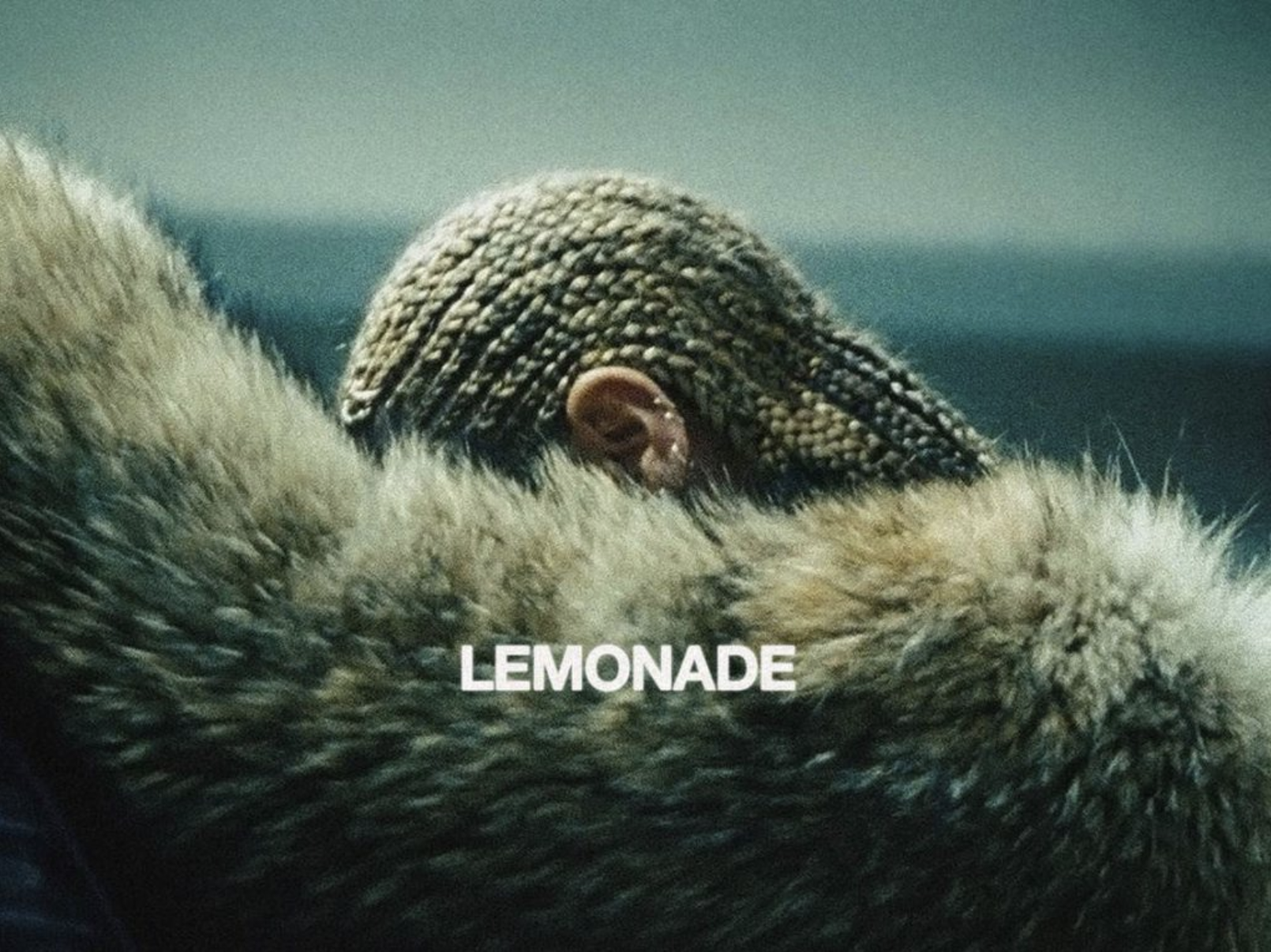CRAFTING A FEIGNED FEMINISM
THROUGH THE ARTS

BARE Magazine
1 April 2017
The Women’s Marches held across the country have so far been the most discussed events of the year, inciting valuable discussions about feminism and politics in the age of Trump. The March allowed various feminist issues that affect women to be brought into the spotlight and given attention, but the March also served as a platform to cater to today’s consumerist feminism which has been thoroughly embraced by today’s millennial generation. One could argue that thanks to the likes of Rihanna, Amy Schumer, and other major American celebrities appearing at Marches across the country, the Women’s March was highly sensationalized; would it have been such a major point of millennial fixation had it not received extensive celebrity attendance?
To truly analyze the perception of feminism by millennials, and to understand the current generation’s conformism in general, one must note the extensive social media coverage of the march, since social media is such a powerful medium of communication for millennials. Many individuals posted about the March, notifying their followers of their support for it. “Interested” buttons were clicked on Facebook; pictures of friends protesting together, shared with countless hashtags, were posted all over Instagram. The appearance of various major celebrities who have used mediums such as acting, music, or comedy to support feminism and who are considered “cool” by mainstream media at Marches across the country sparked major discussion trends on Facebook and other social media platforms; arguably, more people cared for the fact that Rihanna wore a sweatshirt that said “this pussy grabs back” than the feminist cause she was actually rooting for. In fact, many major celebrities commodify feminism to build their own brand; take, for example, Beyoncé. The megastar has built her entire image around feminism; her most recent albums, Beyoncé and Lemonade, have both used feminism as a theme to promote intellectual ideals related to women’s rights and black feminism. Through the usage of stylized images in music videos and charged lyrics that appeal to a young and hot blooded millennial generation, Beyoncé has packaged feminism as a trend, a relevant new “cool” fad that attracts millennials desiring to appear both fashionable and intellectual. However, this devotion to Beyoncé and conformity does not translate to a true devotion to feminism; in fact, without the likes of Beyoncé, social causes like feminism would likely be dead. It seems that feminism has become a sort of noncommittal game for the millennial generation, something that is packaged in a convenient, consumerist manner that appeals to millennials’ desire to conform.
What, then, is the future of feminism and its perception by the millennial generation? Feminism is currently at a major risk for being abandoned by millennials; once major American celebrities stop talking about it, once feminism is no longer packaged and commercialized through music and other media, feminism will no longer be “cool” and acceptable to endorse. To create true awareness and concern regarding the various complex issues that affect women and other subaltern communities, there must be outreach and activism in American communities across the country; Beyoncé singing “boy, bye” is not going to bring true social and political change. True advancement in feminism will begin through grassroots movements across American cities, not through the glamorous titans of Hollywood.
To truly analyze the perception of feminism by millennials, and to understand the current generation’s conformism in general, one must note the extensive social media coverage of the march, since social media is such a powerful medium of communication for millennials. Many individuals posted about the March, notifying their followers of their support for it. “Interested” buttons were clicked on Facebook; pictures of friends protesting together, shared with countless hashtags, were posted all over Instagram. The appearance of various major celebrities who have used mediums such as acting, music, or comedy to support feminism and who are considered “cool” by mainstream media at Marches across the country sparked major discussion trends on Facebook and other social media platforms; arguably, more people cared for the fact that Rihanna wore a sweatshirt that said “this pussy grabs back” than the feminist cause she was actually rooting for. In fact, many major celebrities commodify feminism to build their own brand; take, for example, Beyoncé. The megastar has built her entire image around feminism; her most recent albums, Beyoncé and Lemonade, have both used feminism as a theme to promote intellectual ideals related to women’s rights and black feminism. Through the usage of stylized images in music videos and charged lyrics that appeal to a young and hot blooded millennial generation, Beyoncé has packaged feminism as a trend, a relevant new “cool” fad that attracts millennials desiring to appear both fashionable and intellectual. However, this devotion to Beyoncé and conformity does not translate to a true devotion to feminism; in fact, without the likes of Beyoncé, social causes like feminism would likely be dead. It seems that feminism has become a sort of noncommittal game for the millennial generation, something that is packaged in a convenient, consumerist manner that appeals to millennials’ desire to conform.
What, then, is the future of feminism and its perception by the millennial generation? Feminism is currently at a major risk for being abandoned by millennials; once major American celebrities stop talking about it, once feminism is no longer packaged and commercialized through music and other media, feminism will no longer be “cool” and acceptable to endorse. To create true awareness and concern regarding the various complex issues that affect women and other subaltern communities, there must be outreach and activism in American communities across the country; Beyoncé singing “boy, bye” is not going to bring true social and political change. True advancement in feminism will begin through grassroots movements across American cities, not through the glamorous titans of Hollywood.

